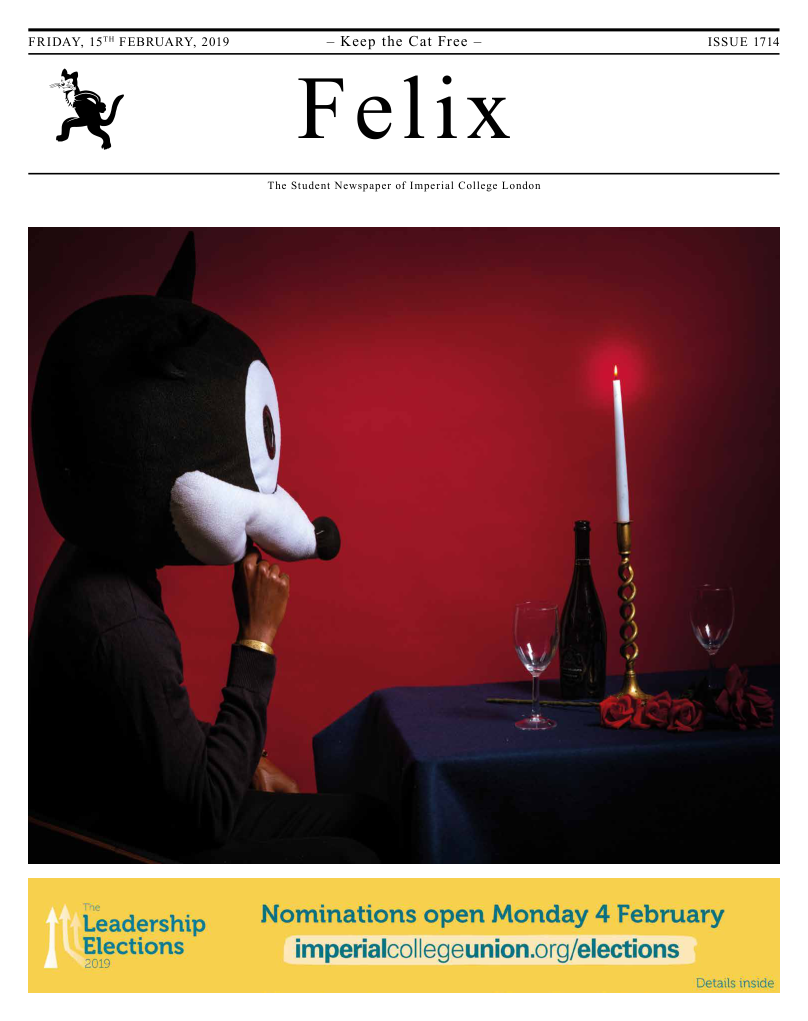Nerone and Poppea - Falling for the Villains
This Valentines Day, Arts Writer Maria Portela reflects on one of opera’s great romances... how can we love the unlovable?

FORTUNE and VIRTUE: There is no human nor divine heart that may dare to contend with Love.
LOVE: Today in a single contest both of you, overthrown by me, will admit that the world acts on my commands. (Prologue)
Opera Profile
Name L’incoronazione di Poppea
Translation Poppea’s coronation
Composer Claudio Monteverdi
Libretto Giovanni Busenello
Language Italian
Structure Prologue + 3 acts
Original production 1643 carnival season, Venice
Literature, movies and plays are all filled with couples that we love to love. Be it with “happily ever after” fairy tales or tragic romances, we, as an audience, tend to be in favour of those characters who live their stories for the pursuit of love. We gladden when they meet, find ourselves wishing for their happiness, weep when tragedy pulls them apart, and excuse their flaws or poor choices with the righteousness of their motives. On the other hand, anyone who opposes our favourite fictional couples and threatens them being together is vicious and deserves punishment. There is an underlying assumption that someone who is capable of love must a good person and, conversely, that the bad guys don’t get to love and should suffer eternal loneliness instead.
The protagonists of Monteverdi’s opera L’incoronazione di Poppea seemingly defy all these conceptions. Both historical figures, Nerone (Italian for Nero) and Poppea are all but virtuous. He was a Roman Emperor, known for matricide, extravagance and tyranny, chief suspect of the Great Fire that in 64 AD destroyed half of Rome, and the first serious persecutor of the newly-born Christian faith. She was an ambitious noblewoman, known for marrying her way to the title of Roman Empress and plotting the murder of everyone who opposed her along the way. Hardly your typical boy meets girl story…
During the course of the opera, which liberally condenses historical events from several years into a single day, we accompany the machinations that lead to Poppea’s ascension to the throne. These include adultery, political intrigue, treachery, forced suicide, disguise, divorce and the exile of Nerone and Poppea’s respective wedded partners. Of course, because we’re talking of Baroque Opera, one or two mythological gods must make their appearance. Eventually, Poppea is crowned empress while divine choruses of Cupids and Graces dub her the goddess of beauty on earth, and Roman Consuls and Tribunes praise her sovereignty over “this happy empire”.
The opera ends with its most iconic musical number, a delicate duet where Nerone and Poppea pledge eternal love.
Pur ti miro, pur ti godo,
pur ti stringo, pur t’annodo,
più non peno, più non moro,
o mia vita, o mio tesoro
Io son tua, tuo son io,
speme mia, dillo dì.
Tu sei pur l’idolo mio,
sì, mio ben, sì, mio cuor, mia vita sì.
I behold you, I delight in you,
I press you, I tie you to me in a knot,
I no longer suffer, I no longer die,
O my life, O my treasure.
I am yours, you are mine,
my hope: say it, speak.
You are my idol,
my beloved, yes, my heart, yes, my life.
(Act 3, Scene 8 - Finale)
This piece is often performed in concert halls, where it is easily regarded simply as a beautiful love song. But when we analyse it within the broader context of the opera, our collective “audience morality” becomes at stake. Because we have just seen (for the past two hours!) how terrible those people two are, and yet, their song somehow captivates us. We hate their tyrannic habits and we know from History that they turned out to be even crueller than the opera portrays them. Roman historians claim that real life Nerone kicked a pregnant Poppea to death, a mere three years after marrying her: how’s that for true love!? But yet, in those brief moments, we pick their side and secretly wish for their happiness. Secretly, because as much as we hate it, we love those villains!
The truth is no one can resist a good love story, even if it is a wicked one. As L’Incoronazione di Poppea proves, this can be achieved by a trick as simple as changing the lens through which the story is told. By focusing on evil characters, this opera makes them more relatable and thus more deserving of experiencing every facet of human life.
As we learn their motives, we tend to read their deeds at a more favourable light. No, we don’t forgive them. But we might concede that everyone should have a chance to love and to be loved, no matter how reprehensible their actions are. Maybe Monteverdi is right, and the world does act on Love’s commands...









